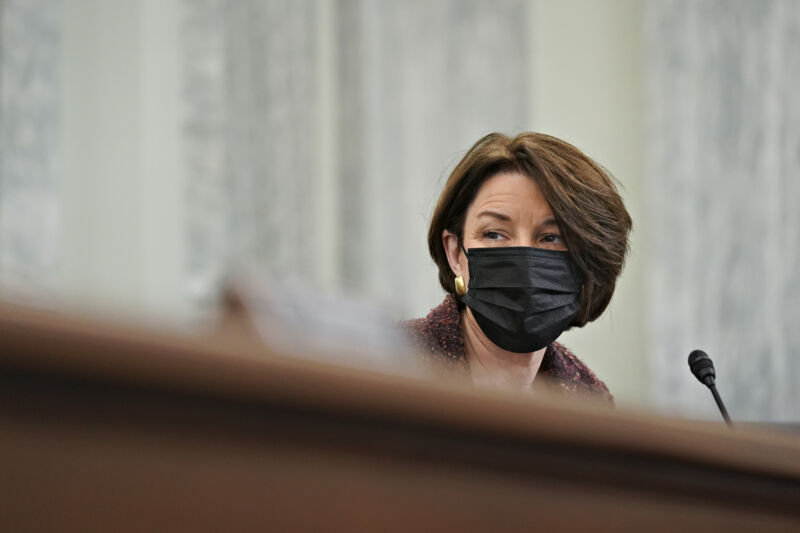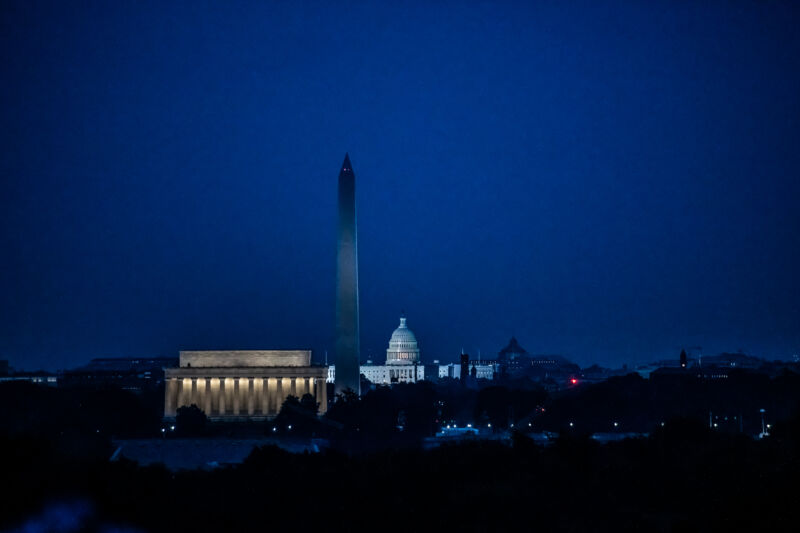-
 chevron_right
chevron_right
Proposed Sec. 230 rewrite could have wide-ranging consequences
Kate Cox · news.movim.eu / ArsTechnica · Monday, 8 February, 2021 - 23:03 · 1 minute

Enlarge (credit: Aurich Lawson / Getty Images )
A trio of Democratic Senators has taken this administration's first stab at Section 230 reform with a new bill that would make platforms, including giants such as Facebook and Twitter, liable for certain limited categories of dangerous content. Unfortunately, although the bill's authors try to thread a tricky needle carefully, critics warn that bad-faith actors could nonetheless easily weaponize the bill as written against both platforms and other users.
The bill ( PDF ), dubbed the SAFE TECH Act, seeks not to repeal Section 230 (as some Republicans have proposed ) but instead to amend it with new definitions of speakers and new exceptions from the law's infamous liability shield.
"A law meant to encourage service providers to develop tools and policies to support effective moderation has instead conferred sweeping immunity on online providers even when they do nothing to address foreseeable, obvious and repeated misuse of their products and services to cause harm," said Sen. Mark Warner (D-VA), who introduced the bill. "This bill doesn’t interfere with free speech—it’s about allowing these platforms to finally be held accountable for harmful, often criminal behavior enabled by their platforms to which they have turned a blind eye for too long."


